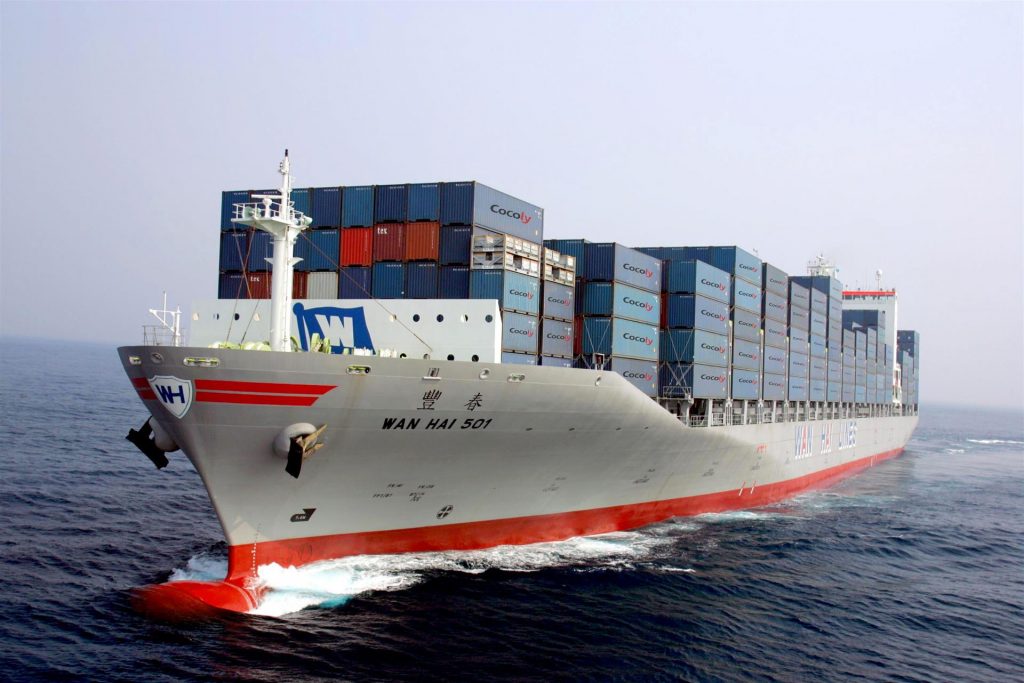
The China-Indonesia trade corridor is surging as Indonesia’s $1.3 trillion economy becomes a regional manufacturing and export powerhouse. With bilateral trade exceeding $136 billion in 2023, businesses face both opportunities and challenges in navigating Indonesia’s complex logistics landscape. From customs hurdles to island-hopping logistics, this article provides actionable insights, compliance tips, and technology-driven solutions to optimize China-to-Indonesia freight forwarding while staying ahead of market trends.
- The Growing Demand for China-Indonesia Logistics Solutions
Indonesia’s strategic location in Southeast Asia, coupled with its participation in the ASEAN-China Free Trade Area (ACFTA), has fueled demand for Chinese imports like electronics, machinery, and raw materials. Key drivers include:
- Infrastructure Development: Mega-projects like the Jakarta-Bandung High-Speed Railway rely on Chinese steel, cement, and equipment.
- E-Commerce Boom: Indonesia’s $70 billion e-commerce market (2024) demands fast, reliable shipping of consumer goods from Chinese brands.
- Regional Trade Agreements: ACFTA eliminates tariffs on 90% of goods, incentivizing businesses to source directly from China.
Why Partner with a Specialized Freight Forwarder?
- Regulatory Compliance: Navigating Indonesia’s strict customs requirements, including BPOM (Food and Drug Agency) certifications and AEO (Authorized Economic Operator) programs.
- Infrastructure Adaptability: Overcoming fragmented island logistics, congested ports, and limited rail networks.
- Cost Efficiency: Optimizing routes to avoid Jakarta’s port delays and leverage secondary hubs like Surabaya or Tanjung Perak.
- Key Services for China-to-Indonesia Shipments
Tailored freight solutions are critical for success in this dynamic corridor: Ocean Freight: The Workhorse of Indonesia Trade
- Major Trade Lanes:
- Shanghai to Tanjung Priok (Jakarta): 7–10 days via mainline vessels; ideal for bulk shipments.
- Xiamen to Makassar: 10–14 days for goods targeting Sulawesi’s growing industrial sector.
- Freight Consolidation: Reduce costs with LCL (Less than Container Load) options for smaller volumes, avoiding FCL (Full Container Load) minimum charges.
- Port Congestion Alerts: Monitor real-time data on Tanjung Priok’s 40% average dwell time and reroute via Belawan (Medan) or Bitung (North Sulawesi). Air Freight: Speed for High-Value Goods
- Priority Routes:
- Guangzhou Baiyun to Soekarno-Hatta (Jakarta): 2–3 days for electronics or perishables.
- Shenzhen to Bali’s Ngurah Rai: Fast-track tourism-related cargo, including luxury goods. Multimodal Solutions: Bridging the Archipelago
- Sea-Rail Intermodal: Combine ocean freight to Tanjung Priok with rail services to Java’s industrial hubs (e.g., Semarang, Surabaya).
- Cross-Border Trucking: Seamlessly transport goods from Malaysian or Singaporean ports to Indonesian destinations via the Malaysia-Indonesia border (e.g., Port Klang to Dumai).
- Overcoming Common Challenges in Indonesia Trade
Customs Clearance Complexity
Indonesia’s BPOM and DJKP (Directorate General of Customs) require meticulous documentation, including:
- Certificates of Origin: Verify eligibility for ACFTA tariff reductions.
- Phytosanitary Certificates: Mandatory for agricultural imports like palm oil byproducts.
- AI-Driven Solutions: Use automated documentation tools to reduce HS code errors, which account for 18% of Indonesia’s customs rejections. Infrastructure Bottlenecks
- Port Limitations: Tanjung Priok handles 65% of Indonesia’s seaborne trade but faces chronic congestion. Mitigate risks by splitting shipments between secondary ports.
- Last-Mile Delivery: Partner with local 3PLs for efficient inland distribution to Jakarta, Bandung, or Medan. Compliance with Local Regulations
- Import Restrictions: Certain items (e.g., chemicals, used machinery) require prior approval from BKPM (Indonesia Investment Coordinating Board).
- Tax Compliance: Leverage FTAs like AKFTA to minimize duties through certified AEO status.
- Future Trends Shaping China-Indonesia Logistics
- Digitalization: Indonesia’s Customs Go Live portal mandates electronic submissions by 2025—adopt TMS (Transportation Management Systems) with API integration for seamless compliance.
- Sustainability Initiatives: Eco-friendly packaging and carbon-neutral shipping options are gaining traction as Indonesian millennials prioritize ESG (Environmental, Social, Governance) criteria.
- Port Modernization: Investments in Palu Port (Central Sulawesi) and Bitung Port (North Sulawesi) aim to decongest Jakarta and reduce regional logistics disparities.
- How to Choose the Right Freight Forwarder
When selecting a partner for China-to-Indonesia logistics, prioritize: - Local Expertise: In-country teams to handle BPOM inspections, AEO certifications, and regional duty negotiations.
- Technology Integration: Real-time tracking, predictive analytics for port delays, and automated customs documentation.
- Network Reach: Partnerships with local logistics providers in Jakarta, Surabaya, and Medan to ensure end-to-end visibility.
Conclusion
Thriving in the China-Indonesia trade corridor requires a blend of regulatory mastery, technological agility, and deep local knowledge. By leveraging AI-driven tools, multimodal expertise, and compliance frameworks, businesses can reduce costs by 20–30%, accelerate delivery times, and mitigate risks in this high-growth market.
Optimize Your Cross-Border Strategy Today
Ready to streamline your China-to-Indonesia logistics? Partner with experts who combine cutting-edge technology with regional insights to turn challenges into competitive advantages.





